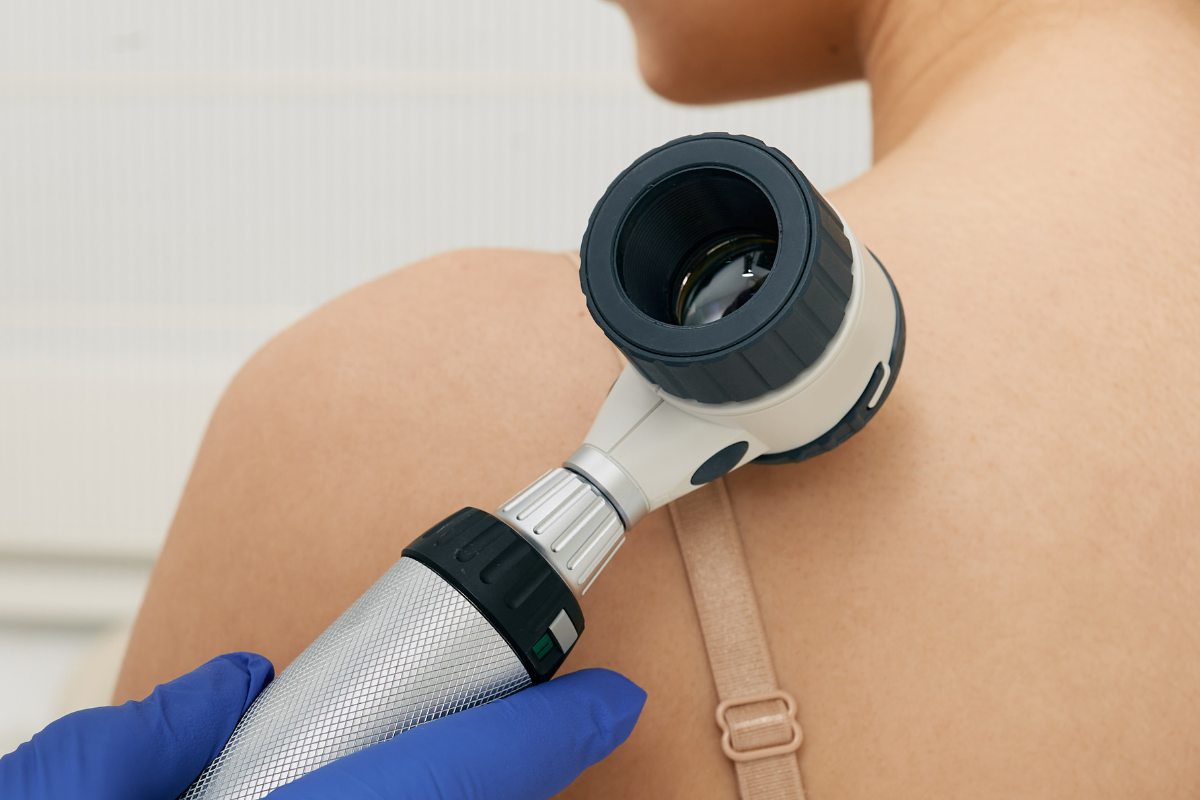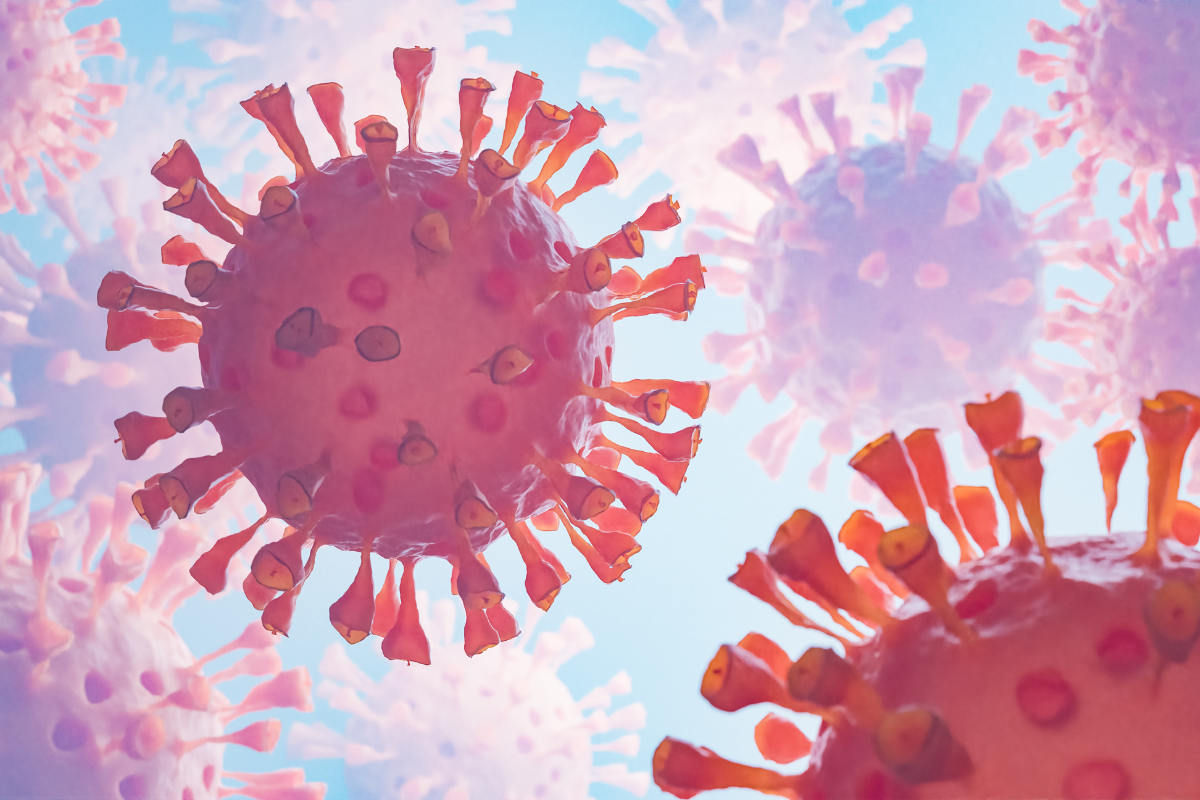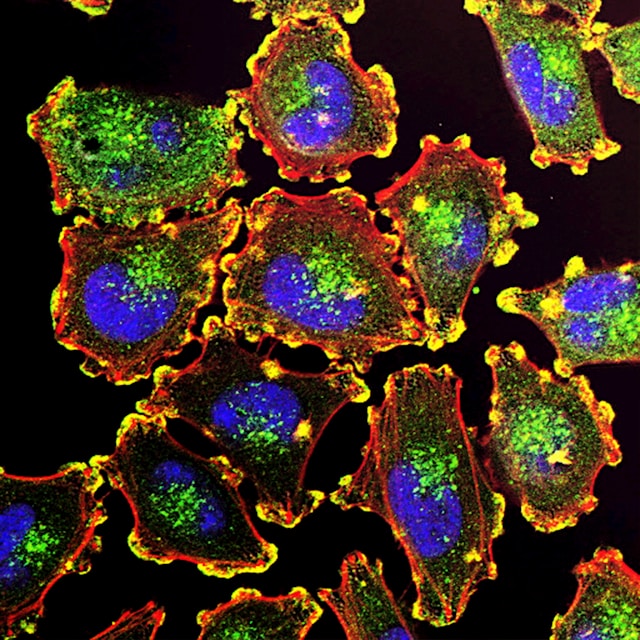Enfortumab Vedotin/Pembrolizumab Combo Beats Chemo in Phase III Breakthrough

New results from a Phase III study into the combination of immunotherapeutics enfortumab vedotin and pembrolizumab shows significant improvement in outcomes for patients with locally advanced metastatic urothelial cancer.
The open-label randomised study revealed nearly double the median progression-free survival (PFS) and overall survival (OS) when compared to chemotherapy. These results were presented virtually at the ESMO Congress 2023 held on October 20-24th in Madrid, Spain.
RELATED:
- Compugen: Exploring New Pathways and Combinations in Immunotherapy
- Monoclonal Antibodies: Guided Missiles in the Battle Against Cancer and More
- Immuno-Oncology Vs Chemotherapy: Exploring Treatment Synergies
Presenting the findings was Thomas Powles, Professor of Genitourinary Oncology and Director of the Barts Cancer Centre at St. Bartholomew's Hospital in London.
Powles, speaking to The American Journal of Managed Care, said that this indication of cancer represented a major unmet need: “Metastatic urothelial cancer, also known as bladder cancer, is associated with 200,000 deaths globally every year. And the average life expectancy of these patients is about 1 year.”
The trial, named EV-302/KEYNOTE-A39, sought to displace cisplatin and carboplatin-based chemotherapy as the standard of care for advanced metastatic urothelial cancer.
Pembrolizumab is a well-established immune checkpoint inhibitor that is prescribed for the treatment of a variety of cancers, both in combination and as a monotherapy. Enfortumab vedotin is an anti-body drug conjugate which targets nectin-4 and delivers the cytotoxic payload MMAE.
A cohort of 886 patients participated in the Phase III study, with the combination of pembrolizumab and enfortumab vedotin given to 442 patients, and the other 444 patients receiving gemcitabine with cisplatin or carboplatin.
Remarkably, the trial saw a 50% reduction in the risk of death, a 50% reduction in the risk of progression, and a 68% response rate.
“There are some caveats of course: there’s a toxicity profile that needs to be considered. […] This includes skin toxicity, peripheral neuropathy, and diabetes. But actually overall, grade 3 related toxicity was a little bit lower,” said Powles, speaking to the EAU podcast.
He continued: “We also saw that the efficacy was across broad sub-groups of patients. So, it worked irrespective of PD-L1 status, it worked irrespective of cisplatin eligibility; so these are really consistent results.”
For patients with urothelial bladder cancer, chemotherapy had been the treatment with the most promising results, and even then, outcomes were often not good. However, the results from EV-302/KEYNOTE-A39 have given chemo a run for its money and ushered in new hope for patients.
“I think this is a new chapter in urothelial bladder cancer […] and I think this will have a big impact on patients,” said Powles.
Catch more about antibodies and combination immunotherapies at our Immuno conference.







